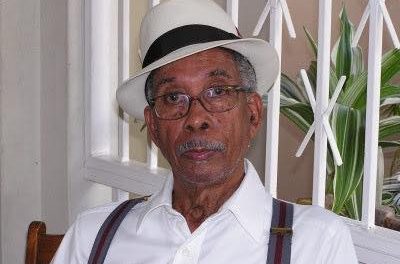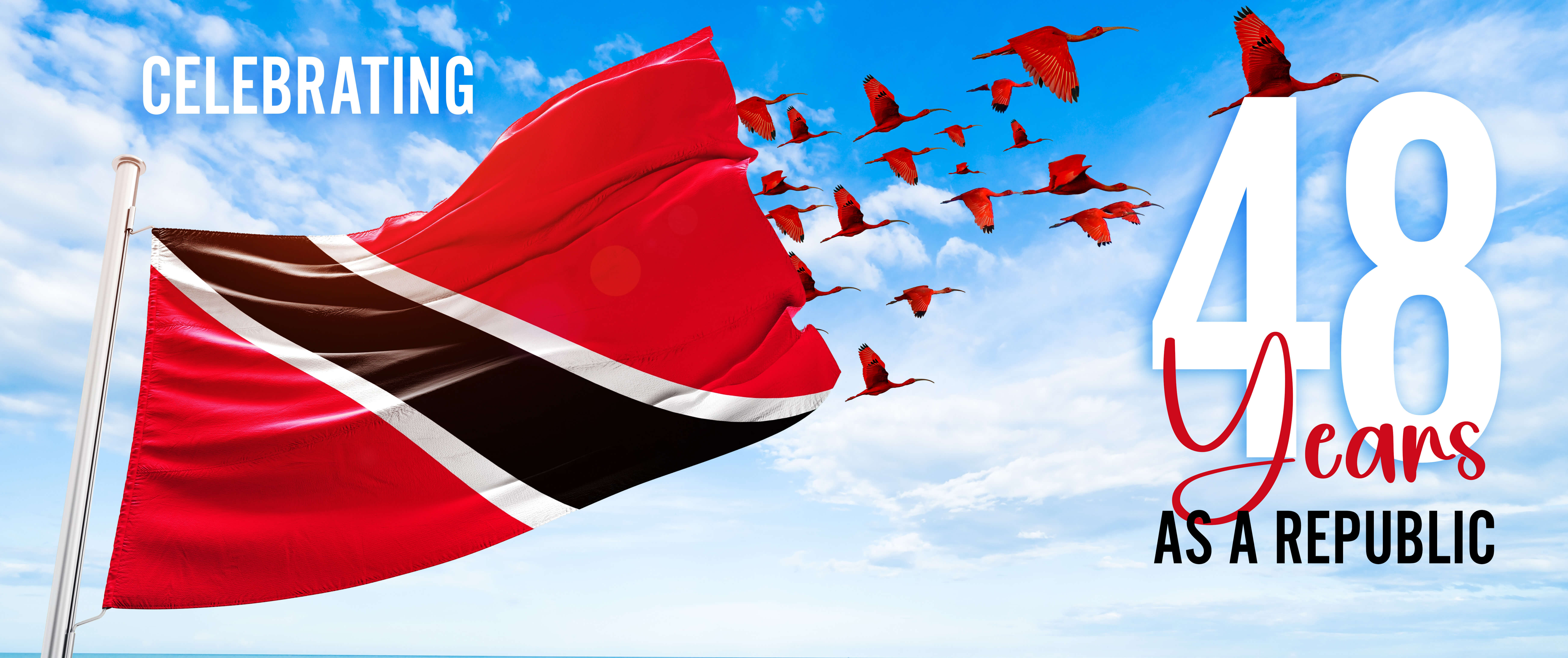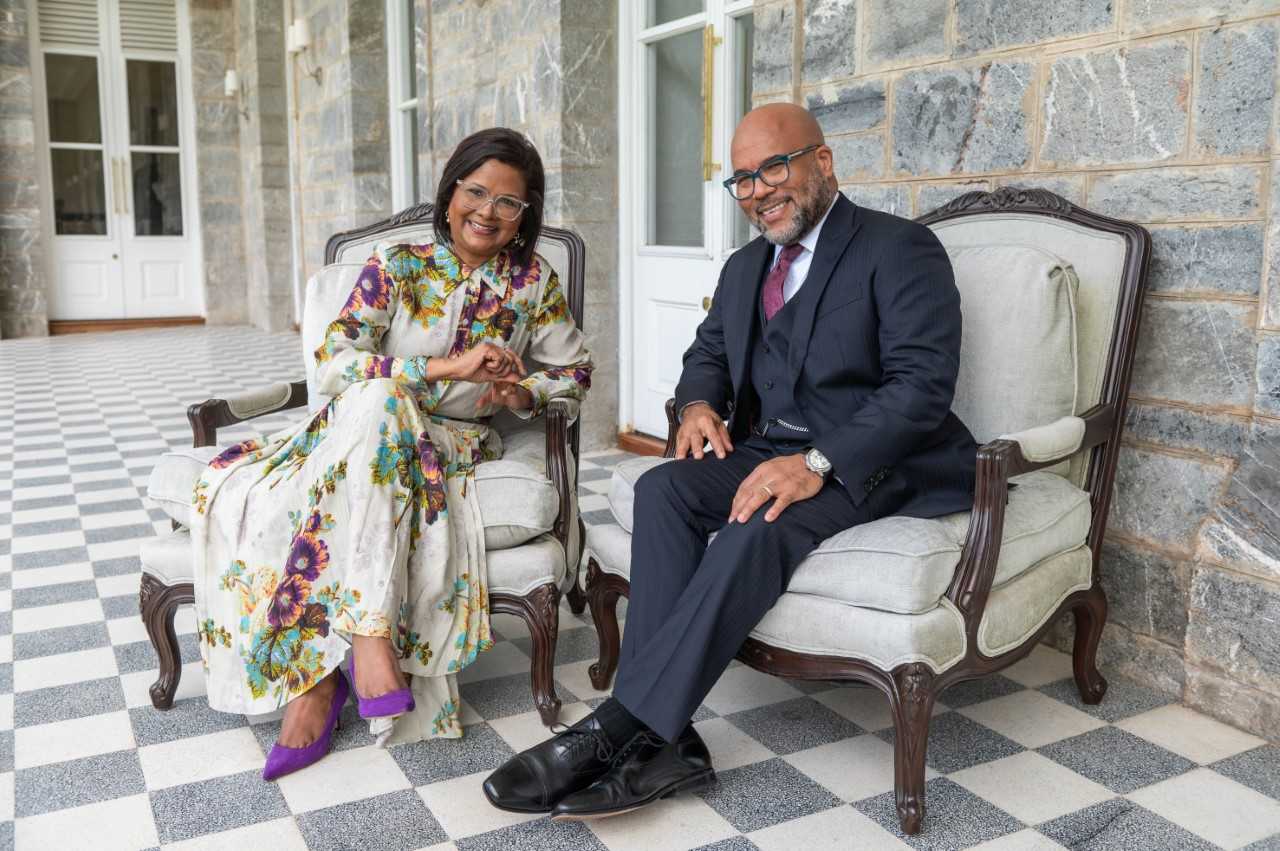Good afternoon:
“Next to excellence is the appreciation of it.” These immortal words of William Makepeace Thackeray are appropriate for this afternoon’s ceremony. Today we acknowledge and celebrate the culmination of years of study, sacrifice and self-discipline by our awardees. Celine, Sharvaani, Kavesh, Le-an, Siri and Megan you deserve to be recognised, and have every reason to be floating in a bubble of joy. Congratulations are also in order for the chorus of witnesses who guided, supported and cheered our awardees on—Parents, teachers, friends and family—a job well done. Your charges came, they saw, they conquered—and of them you can all be exceeding proud.
It is perhaps fortuitous that tomorrow is the International Day of Education, a day which highlights the important role of education in all forms of human development. This gives me the golden opportunity to ask, as we bask collectively in the stellar accomplishments of these brilliant young people, what is the true role and goal of education? Education is defined in the Oxford dictionary as ‘the process of receiving or giving systematic instruction, especially at a school or university’, but it is obvious that the systematic instruction being delivered to our present cohort of students is not managing to produce the full complement of young men and women we need to take the nation forward with confidence.
Education’s most important goal is to foster human development and progress, therefore our education system has to be two-fold—engineered to produce knowledgeable, proficient and dedicated graduates who provide the nation with the entire menu of skills needed for our sustainable development at any point in time, as well as, to develop in them, a bundle of attitudes and values which includes empathy, a sense of duty and good citizenship, without which all the proficiency in the world would not achieve education’s desired objective. The whole of the child must be educated and developed to give fullest expression to his or her abilities.
The first and most accepted aim of education lies squarely in the realm of academia which is the environment or community concerned with the pursuit of research, education, and scholarship. We encourage and support our children through their various stages, from nursery to tertiary, with the expectation that they would gain the know-how to be able to function in their relevant fields, but often neglect the development of education’s other goal, which has as much to do with their personal development as their academic success.
I have heard the Minister speak this evening of the hidden curriculum… we are anxiously waiting to see its fruit.
Two weeks ago, I had the opportunity to present a different set of awards—those to recipients of the President’s Award-Trinidad and Tobago, for their accomplishments in different spheres of activity, including volunteerism and service to others. I rue the fact that those awardees had to learn such important skills through extra-curricular activities rather than within the traditional education system. It cannot be left to opportunity, whim or chance whether our children imbibe these qualities. In the past we assumed that these so-called ‘soft’ skills were being taught and learnt in the home, evidence suggests to the contrary, and there is no assurance that the family now acts as an incubator for these necessary and critical principles. Since primary and secondary education are mandatory, the one place that we can make certain as a nation that our youth will be exposed to these ideals is in the classroom.
People often say ‘young people are the future’ without understanding what that means in the context of national development. We parrot the expression even as we ignore or neglect the development of their people skills and healthy core values. Today’s student must be exposed to a curriculum that is as much about attitudinal change as academic prowess. Patriotism, volunteerism, national heritage, duty to country and service to others must be part of the syllabus, receiving attention side by side with traditional subjects. What would be the use of having a grappe of brilliant graduates who have no empathy or sense of social responsibility? C.S. Lewis once said, and I quote “Education without values, as useful as it is, seems rather to make man a more-clever devil.”
We have to streamline our education system to include these values and ensure that our youth are being equipped with both the right skills and the right attitudes to become valuable assets in the workplace and country as a whole.
On another, but not unrelated note, academic achievement in the sense of passes and grades has been given pride of place in our society, and there’s nothing wrong with that. But is our understanding of academic achievement and its role a little restrictive? Our scholarship winners at secondary level are generally expected to set out on predictable career paths suggested by the subjects in which they excelled.
Where I ask within the academic landscape is success recognised and celebrated for the budding mechanic, the electrician, the designer? They are as essential to our national progress as doctors, attorneys and engineers. For too long we have accepted the fallacy that these manual disciplines are “less than” and reserved for those who could not grapple with the more scholarly subjects. Now we know that these seemingly non-intellectual fields cannot simply be the scraps offered to those who do not appear to ‘cut it’ academically. They should be among the head table offerings and those who show early interest and promise in these subject areas should be nurtured with the same focus and intensity as their counterparts whose interest and abilities lie in physics, maths and literature.
Wouldn’t it be wonderful to hear a scholarship winner say that he/she wanted to become a Cordon Bleu chef or music producer? I know two highly intelligent young men, one local and the other Barbadian, who, after doing First Degrees, one graduating with First Class Honours in Engineering, are now ultra-successful event promoters. The education system forced them both to deviate through a conventional course of study before they could follow their real passion. Why could the education system not have provided opportunities for them to pursue and develop their true interests from the classroom?
Of course none of this is to downplay or distract from the accomplishments of today’s awardees. After between 7 and 14 years of schooling, they have emerged at the top of their cohort. This would not have come about ‘just so’, but as the result of discipline, diligence, determination, and, undoubtedly, some sacrifice. By virtue of a combination of their God-given talent, personal effort and a nurturing environment, they have distinguished themselves among a crowded field. Awardees, you have many years of formal education ahead and I have no doubt that you will continue your journey of excellence. Education however never ends; it encompasses a broad range of learning and experiences. It is, according to poet and author Stephen Mitchell, a continuing process of growth and development from birth until death.
Today I encourage you to broaden your horizons and seek out every opportunity for learning that would add value to your character and worldview. Having invested precious time and effort over the years, it would be a crying shame if you joined the workforce at the end of your schooling with intellectual capability but without the open-mindedness, compassion and strength of spirit that will allow you to live your best life.
Now you can tell my age because I would say Generation “Zed” but I understand it’s “Zee”. You are Generation Z, born in the information age with a world of technological resources and opportunities for learning at your fingertips. You have to deal with unprecedented events and challenges unknown to my generation. The global cohort of young people today is the largest that there has ever been, so the potential for change and transformation is limitless; that is; once that potential is harnessed correctly.
Since making your mark at your respective examinations you have all set out on new journeys; for some it has been a quantum leap, but there is no doubt that you can manage the transition. I encourage you to keep your energies focussed and take hold of every good opportunity that passes your way.
Once again I offer my congratulations and may you continue to excel in all your endeavours.







